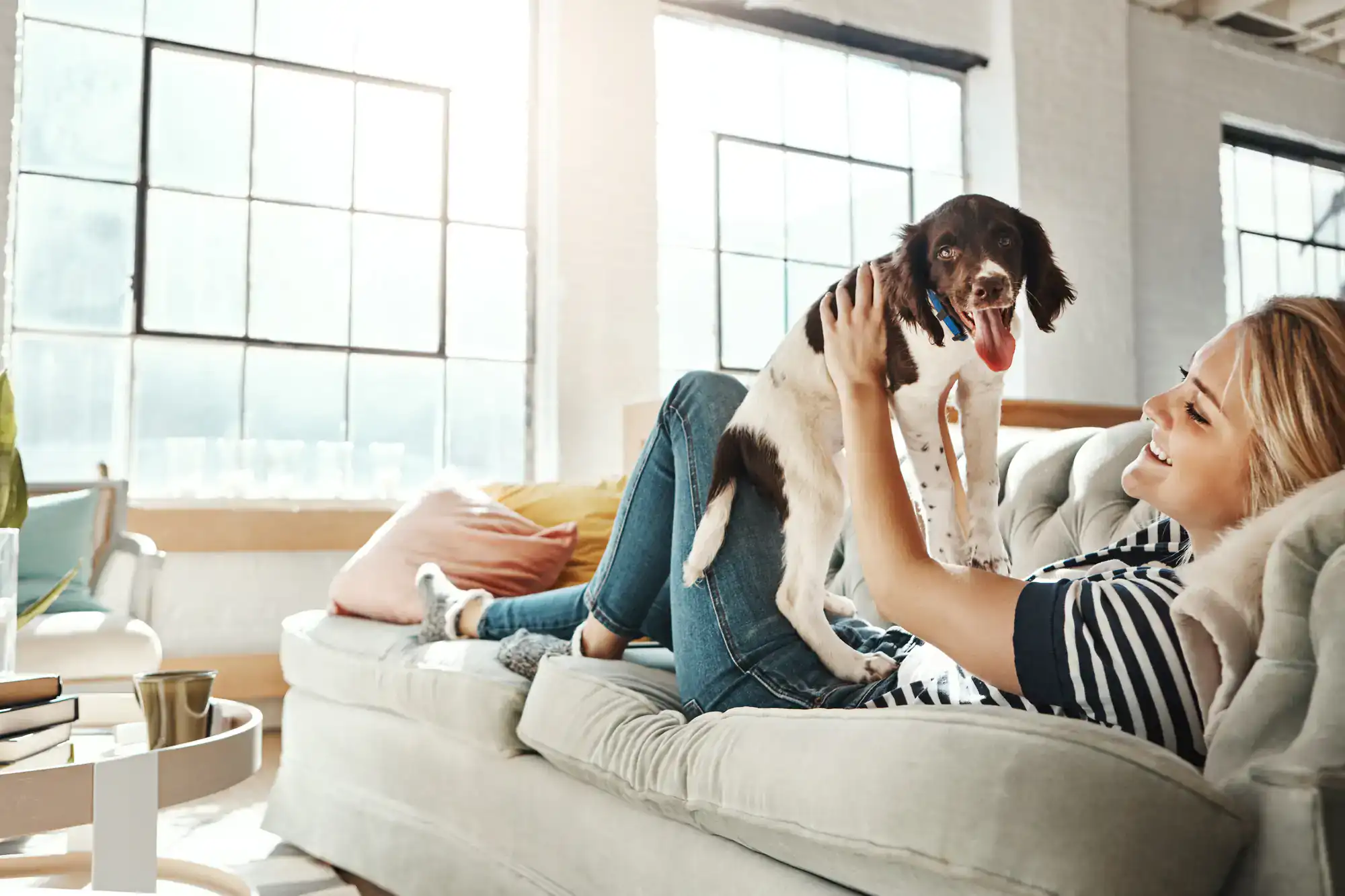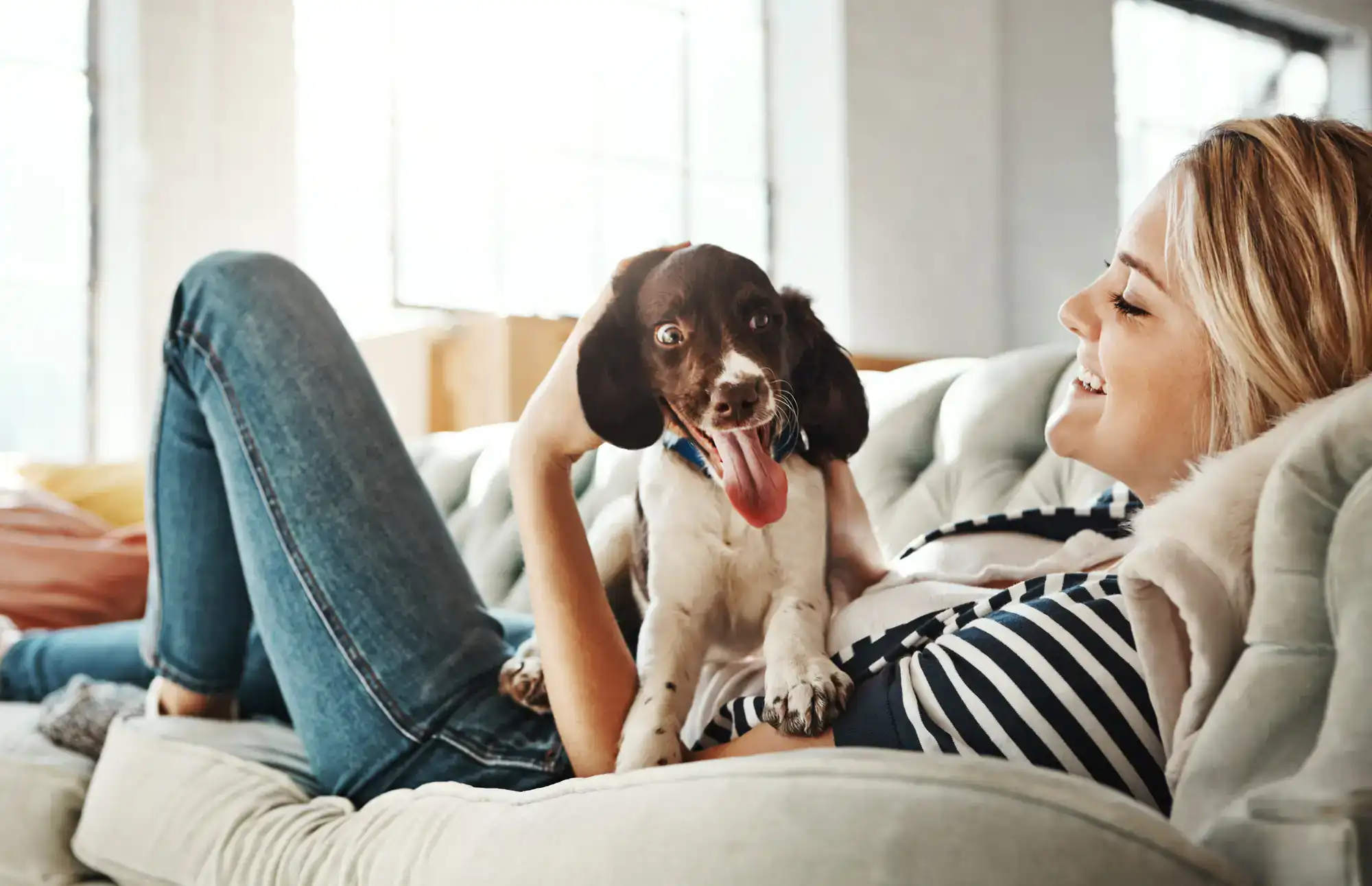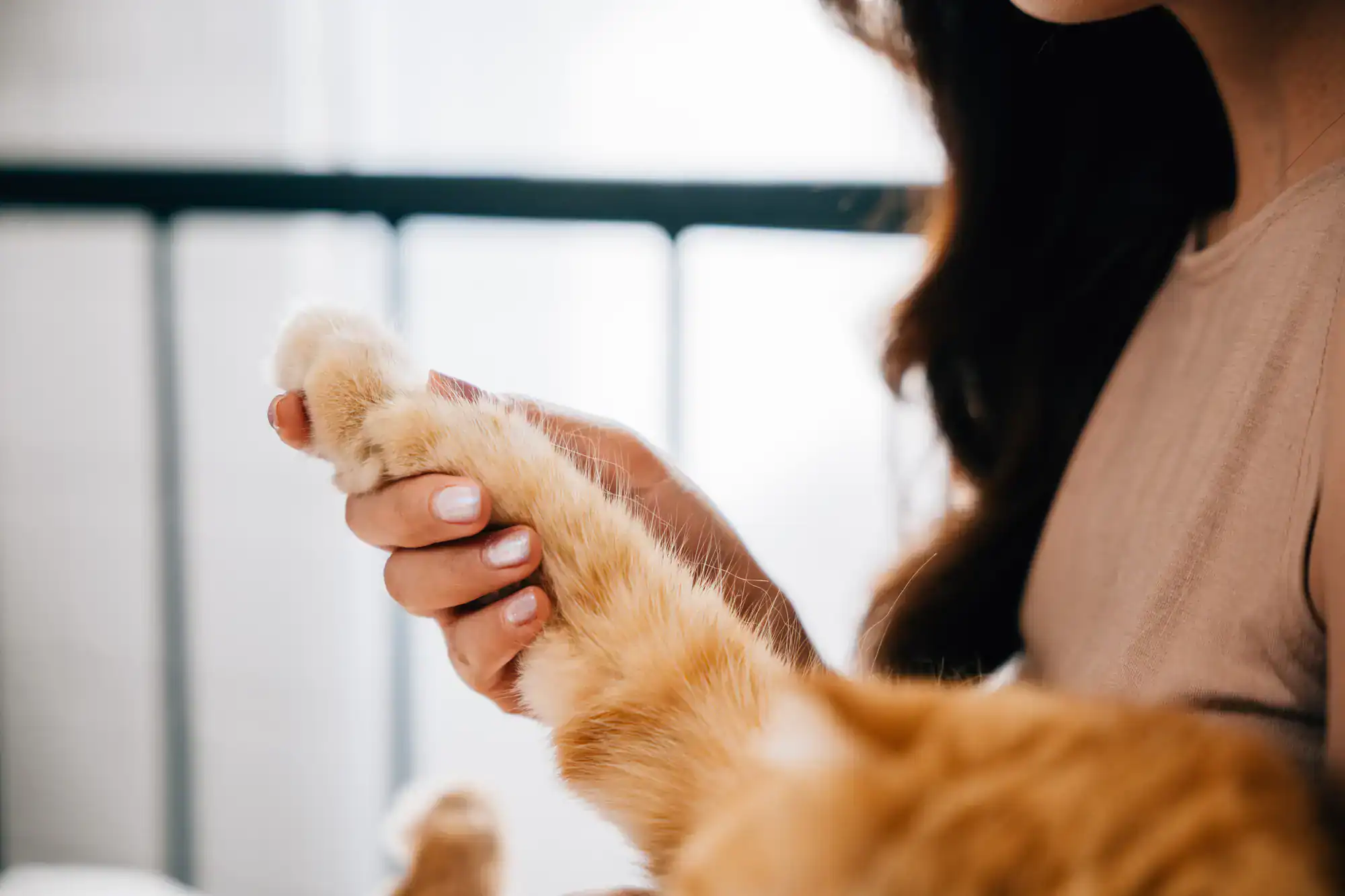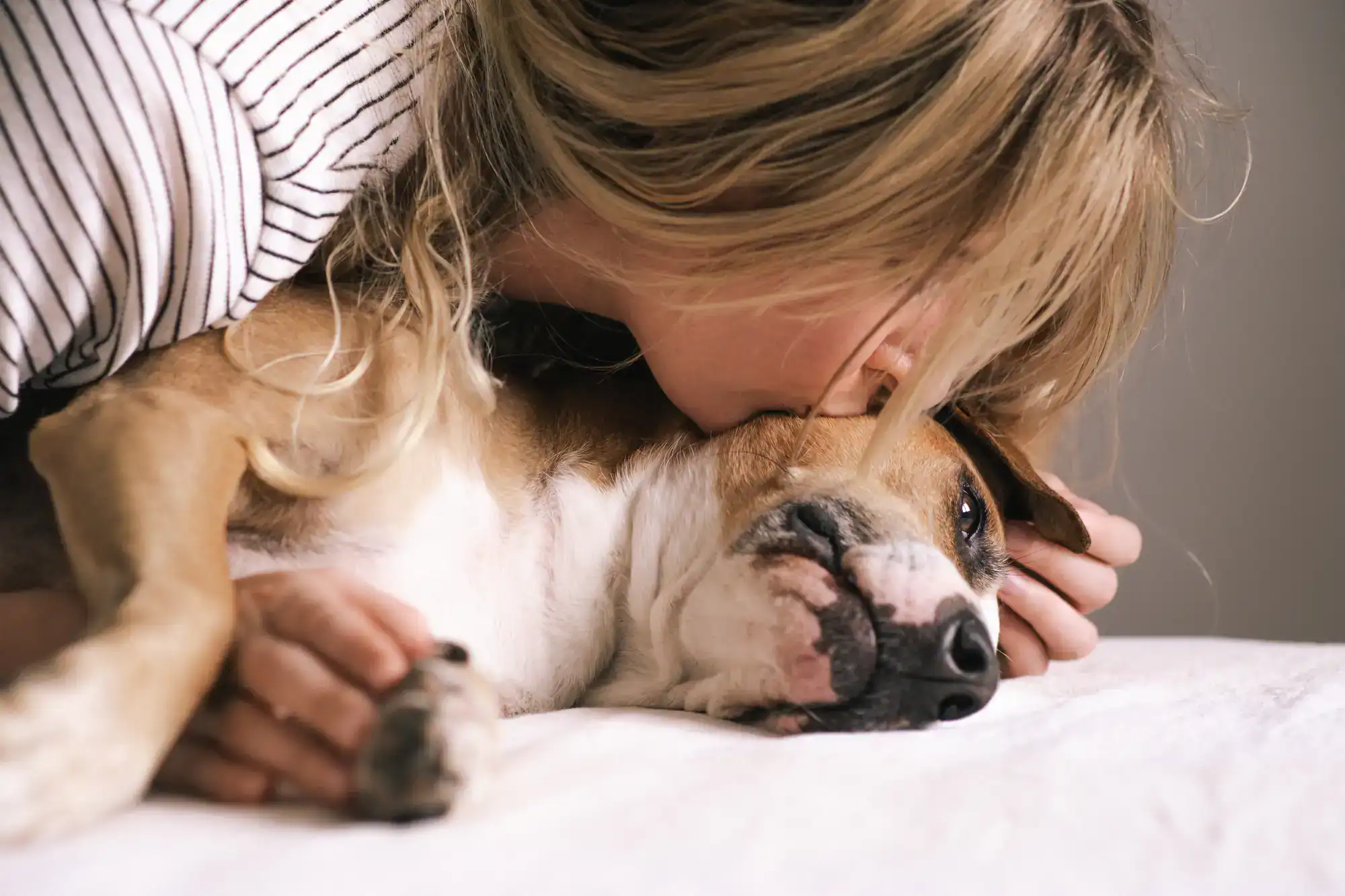Pet Loss Support in Panorama Village, TX
You're Not Alone in Your Grief
When words can’t capture your pain, we understand. Professional pet loss support that honors your bond and helps you heal.

Hear from Our Customers

Pet Grief Counseling Panorama Village
Losing your pet isn’t “just” losing an animal. It’s losing a family member, a daily companion, and a source of unconditional love. The emptiness you feel is real, and so is the path forward.
You don’t have to navigate this alone. Professional pet loss support helps you process complex emotions, from guilt and regret to overwhelming sadness. You’ll discover healthy ways to honor your pet’s memory while gradually finding moments of peace again.
The goal isn’t to “get over” your loss—it’s to learn how to carry your love forward. With the right support, that crushing grief transforms into cherished memories that bring comfort instead of only pain.
Pet Bereavement Specialists Panorama Village
We’ve been supporting grieving pet families in Panorama Village and throughout Harris County since 1989. We’re members of the American Association for Pet Loss and Bereavement, which means our approach follows professional standards for pet grief support.
Our team understands that pet loss affects everyone differently. Some people need someone to listen. Others want resources to work through their emotions privately. We meet you wherever you are in your grief journey.
We’ve walked this path with thousands of families over three decades. We know the questions you’re asking, the guilt you might feel, and the overwhelming sadness that seems impossible to bear. More importantly, we know how healing happens—gradually, with compassion, and at your own pace.

Pet Loss Support Process Texas
Getting pet loss support doesn’t require complicated steps or lengthy commitments. You reach out when you’re ready, and we respond with understanding—not judgment.
First, we listen. Whether you want to share memories of your pet or express the pain you’re feeling, we create space for your experience. Many people find that simply being heard by someone who understands makes a significant difference.
Next, we connect you with appropriate resources. This might include grief counseling referrals, support group information, or educational materials about the pet loss process. We also provide practical guidance about memorializing your pet in meaningful ways.
Throughout this process, you set the pace. There’s no timeline for grief, and there’s no “right” way to mourn your companion. We simply offer support, resources, and understanding as you navigate this difficult time.

Ready to get started?
Comprehensive Pet Loss Resources Texas
Pet loss support goes beyond a single conversation. We provide ongoing resources designed to help you process your grief over time. This includes connections to professional counselors who specialize in pet loss, information about local support groups, and educational materials about the grieving process.
In Panorama Village, many pet owners feel isolated in their grief because friends and family don’t always understand the depth of the human-animal bond. Our support network connects you with others who truly comprehend what you’re experiencing.
We also recognize that pet loss affects different family members in different ways. Children process pet death differently than adults, and we provide age-appropriate resources to help families navigate this together. Our bilingual capabilities ensure that language barriers don’t prevent anyone from accessing the support they need.
The goal is comprehensive care that addresses both immediate emotional needs and longer-term healing. Pet loss support isn’t just about getting through the first difficult days—it’s about building healthy ways to remember your companion while moving forward with your life.

How long does pet grief typically last and when should I seek professional help?
Is it normal to feel guilty about my pet's death even when I know I did everything right?
How do I handle people who don't understand why I'm so devastated by my pet's death?
What are healthy ways to memorialize my pet while working through grief?
How do I know if my other pets are grieving and what can I do to help them?
When is it appropriate to consider getting another pet after loss?
Other Services we provide in Panorama Village
